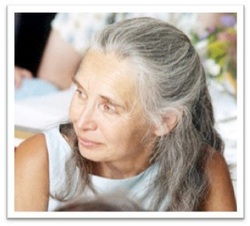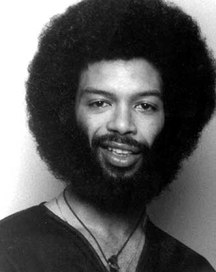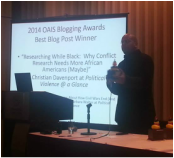
My first exposure to Alison Des Forges (the human rights activist who worked for Human Rights Watch) was through her book – a sweeping account of political violence in Rwanda during 1994. The book was extensively well researched – her command of the history, personalities and the care with which she took to address the topic was evident on every page. As she spoke, you heard the voice of keen insight, meticulous detail and immense sorrow.
You could not help but be moved by Alison. With her lovely face and soulful blue eyes, mane of white hair, joints and bones that appeared to be turning inward onto her being (perhaps for protection, perhaps for rest); she was quite something to interact with. She was as much alive and as variable as the sky itself – constantly moving, shifting and contorting clouds, shapeful, then shapeless, bright, then overcast, thunder, break and clear (again). She was in, around and under Rwanda. She admitted so upon the second hour of our first long conversation (the sun peaks through a cloud for but a second before being covered again).
Perhaps our last conversation however was the most memorable. I had moved around a table to ask her something. Up until that point, we had had only brief conversations. First factual (how did you x, how many people did z kind of stuff). Then probing (what is your opinion about r or q). Her answers shifted by the hour. Always intense and pointed; always careful (a cloud moves in from the west). She entertained me essentially – not really knowing what to do. Through Al (Stam), I discovered that she did not immediately care for our work on Rwanda but over the two days that we interacted I believe that she began to accept at least us as humans if not the work that we produced. “I think that you are right,” she said at one point, “but I will never say so publicly. There is too much for me to lose. I love this place. I needed to come back to it. At least, for a while. Coming out in favor of your work would hinder that.”
This time, I was shifting the focus. I was no longer interested with Rwanda but with her in/and Rwanda. “How have you been able to do this,” I asked. “This place seems to take it toll on you. (The sun moved over a large cloud and diffuse beams of light cast downward). “It was not easy,” she replied. “I initially had bouts of depression, loneliness, thoughts of suicide.”
Almost imperceptively, she hunched into the conversation, taking me downward with her. “This place is hard,” she said. “Luckily, I have this ability to live in/through something and afterward look back and think - boy was I lucky.”
There was no luck in Alison though. At least, none that I could see. Over the last two days, seeing her, hearing her, it was clear that she was passionate, determined, weathered, stubborn, a force – luck seemed to have nothing to do with her.
We spoke of murder but more we spoke of those who lived around us as we dealt with the horror that makes up our mutual obsession (the sun sits at the middle of some cloud rising now as if it lies at the middle of an explosion of light). “My husband and I used to share everything,” she continued. “When he went to China, I was with him as were the kids, but when I started this…. I could not take him with me. In a sense, it seemed unfair (clouds again moved over the sun). He had his life but it should not have to involve this.”
She recounted an incident of being surrounded by dogs and carrying babies (some alive, some dead) away from a killing site. The former (the dogs) seemed more frightening, the latter (the carrying) reflected her uncanny ability to act, to save, to move, to be in action – regardless of the context.
“You all here know more about what I do and who I am, than those at home,” she lamented. In part, welcoming me into her world and at the same time revealing that there was a part of her world that was far removed from the current setting of approximately 10 genocide scholars, eating pizza, drinking beer and looking over Kigali in the dusk.
I told her that she had touched me with her work, with her being and I thanked her for what she did and how she did it. It was one of the moments you have thousands of miles away from home where the honesty of the moment is upon you and you go with it. I may not see Alison again, I thought, and as much as she struggled, as much as we all struggled with Rwandaness, it seemed only fitting that I let her know how I felt.
I do not really know what strength of character exists within me. I have not yet moved that high or low, I believe. If I could but muster a fraction of the conviction of this woman I thought, however, then I would consider myself lucky. At that moment, unlike most, I felt understood and understanding. (As the intensity of the conversation diminished, I saw the last flickers of light and clouds moving backwards as if retreating in the distance).
(Alison passed on February 13, 2009; one can donate to her scholarship fund at the following link)



 RSS Feed
RSS Feed
